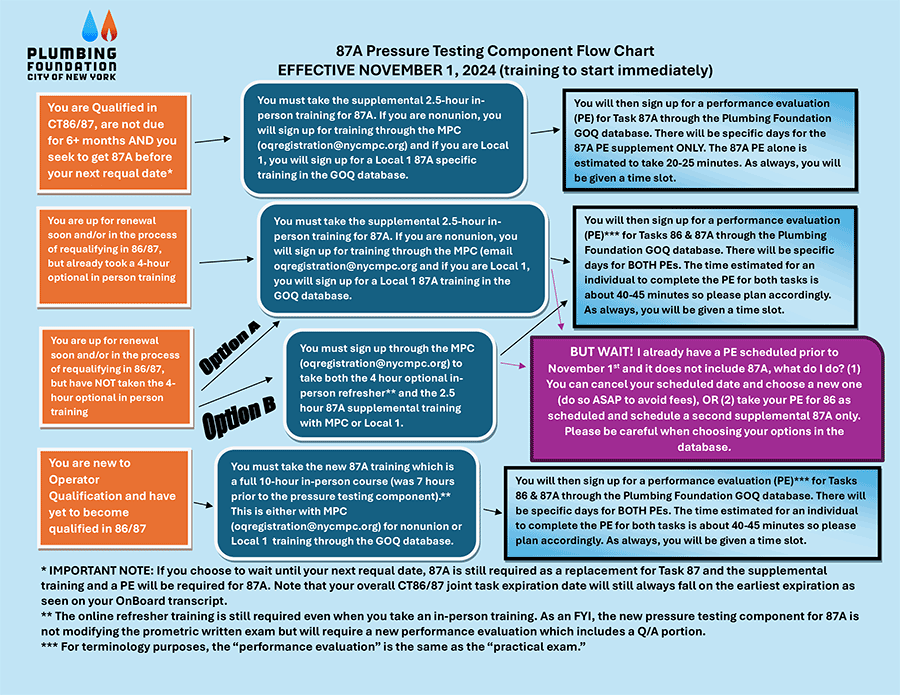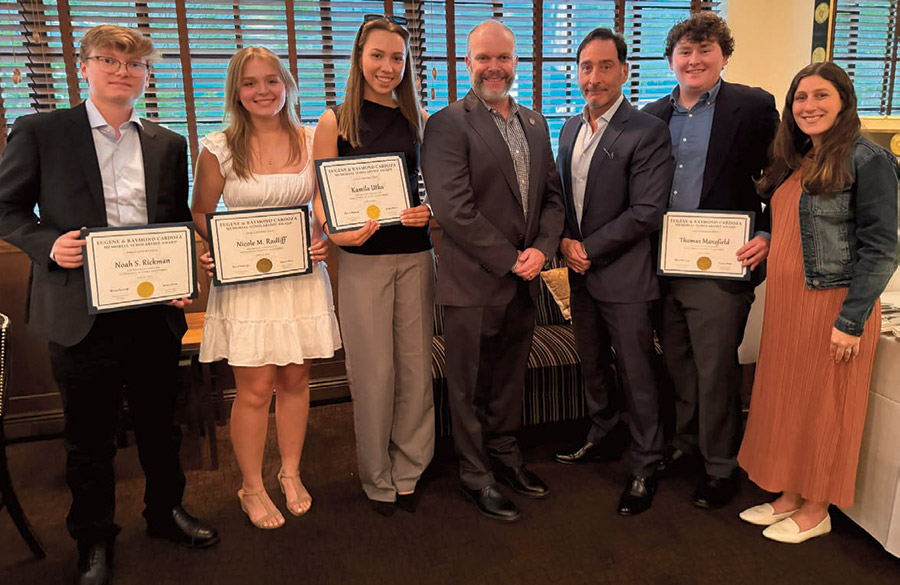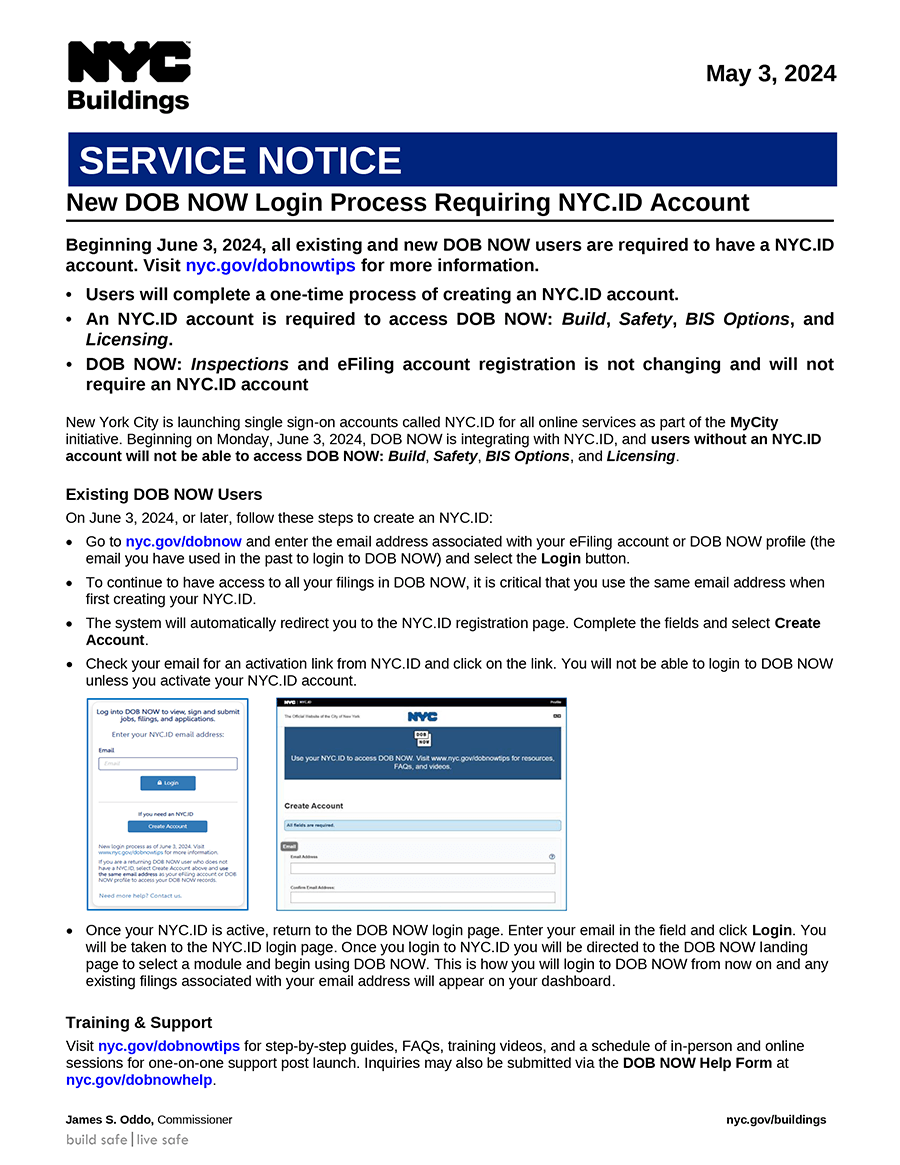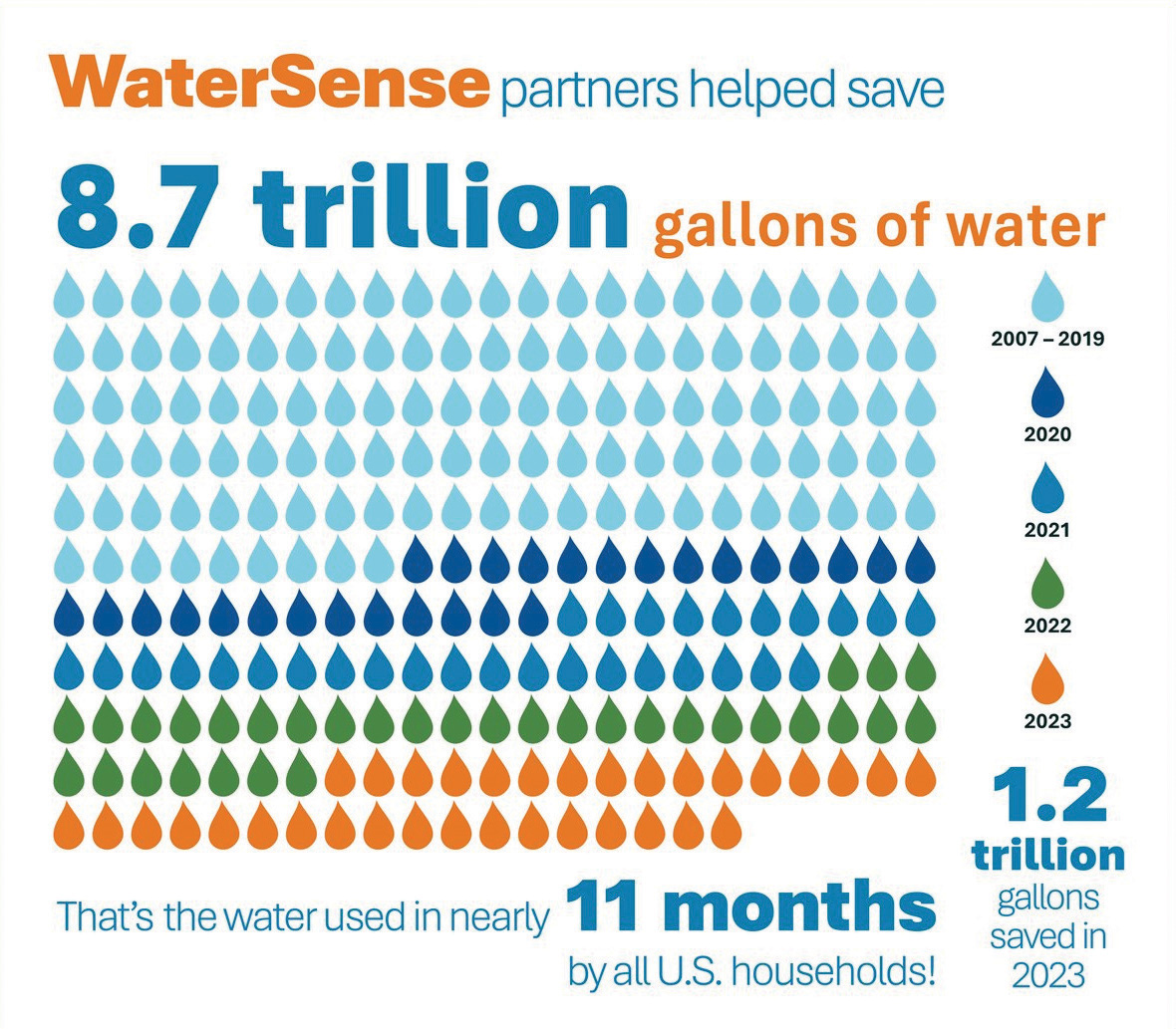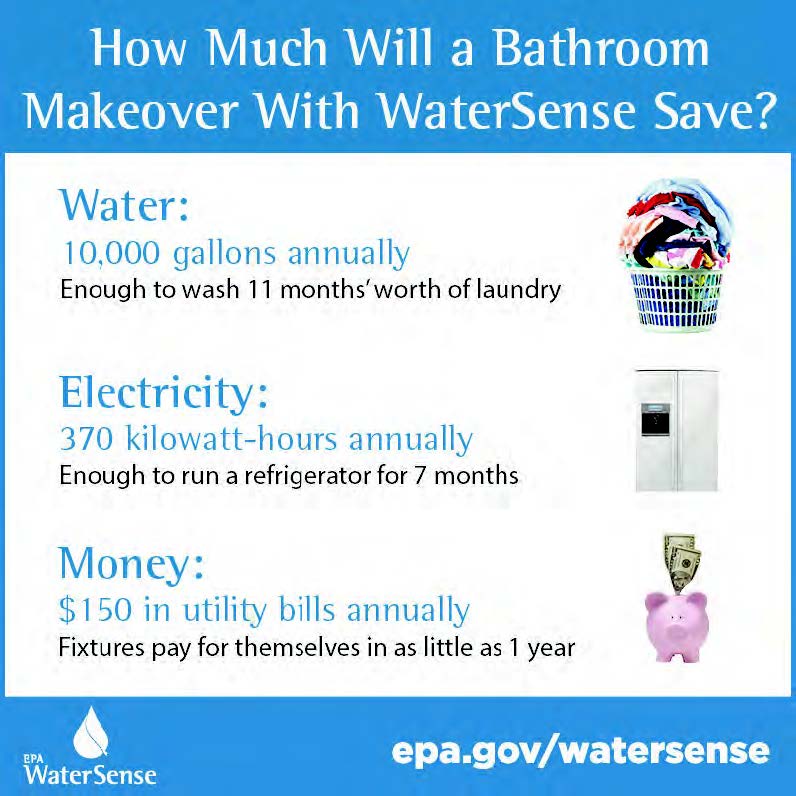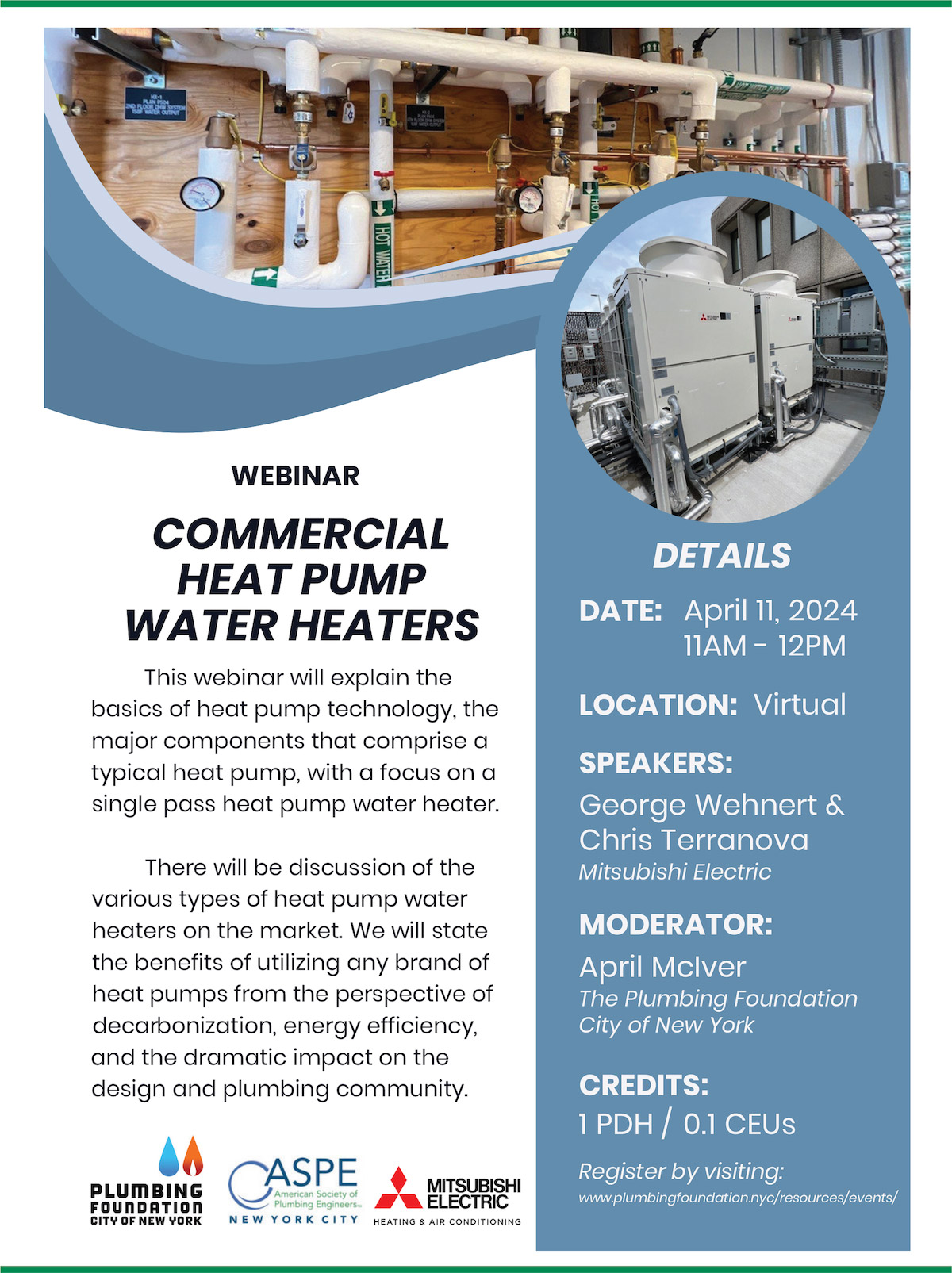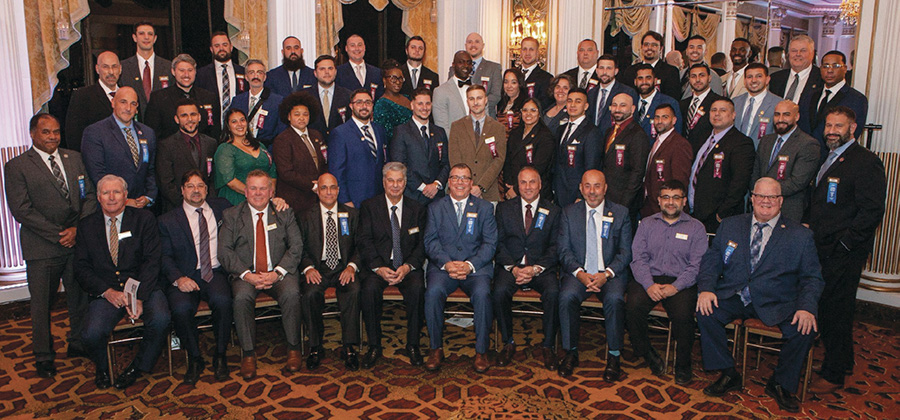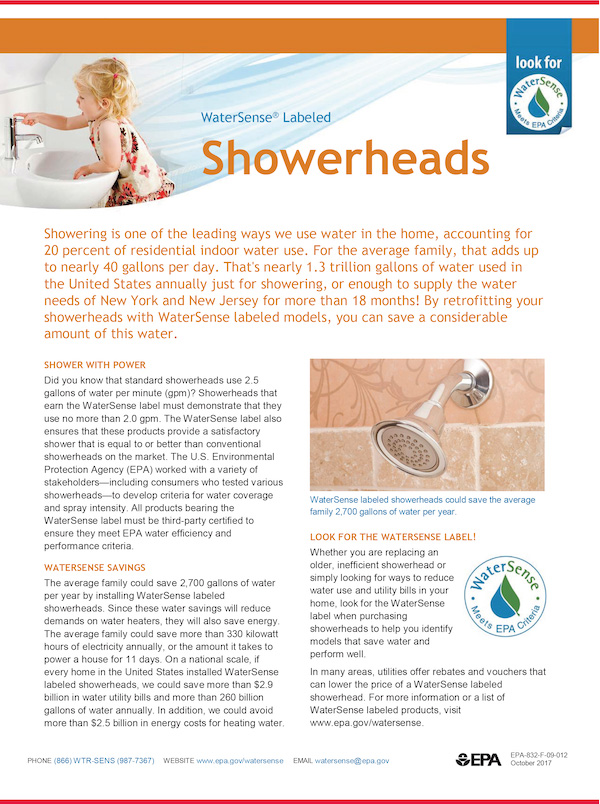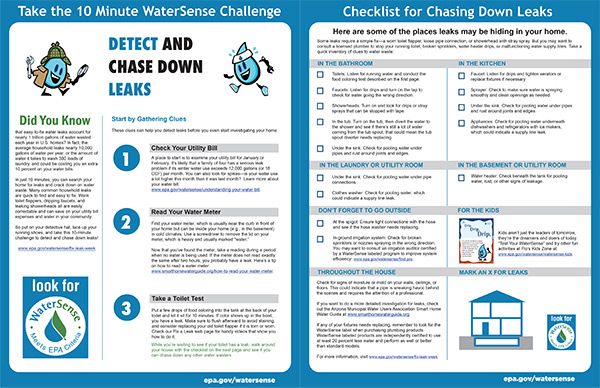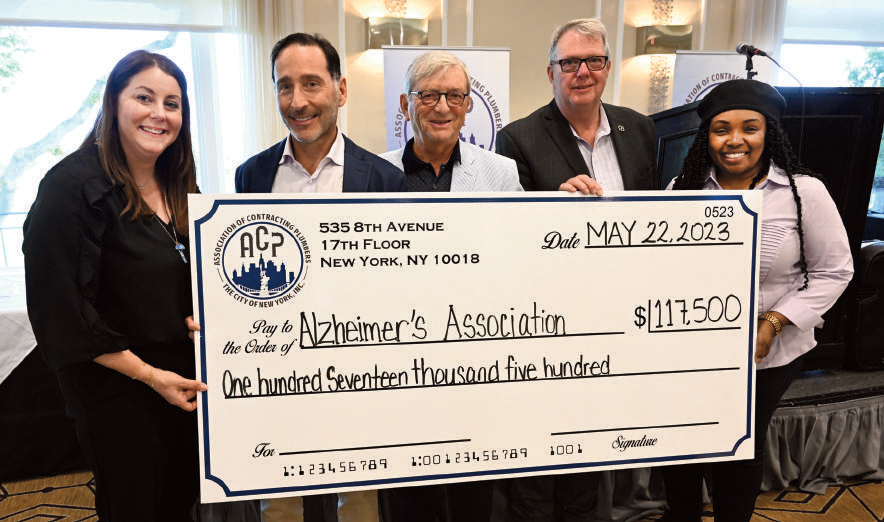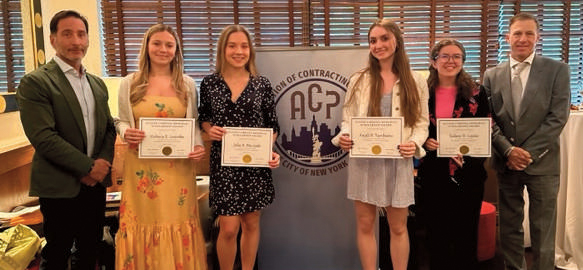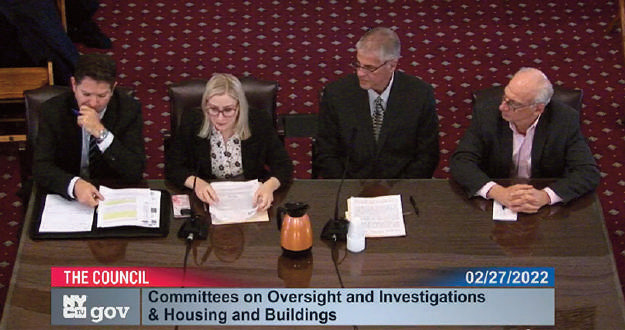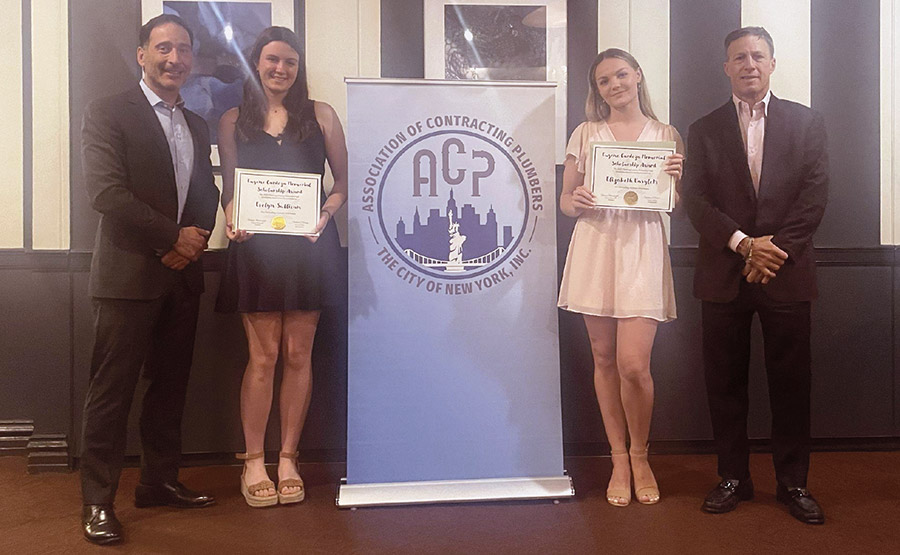Congestion Pricing is Back with a New (But Not Improved) Pricing Structure
If you have been keeping up with the news all year, congestion pricing has been a rollercoaster. In March, the MTA held several hearings—with public comments due by March 11—on its pricing structure, which called for charging trucks $24–$36 (depending on size)
every single time they enter the zone, and passenger vehicles $15 once per day. The MTA did propose discounts for overnight travel and certain bridge and tunnel crossings. Despite stakeholder feedback in opposition and pending lawsuits, the MTA adopted the pricing structure on March 27. The MTA indicated that they hoped to implement the plan this past June, but which could be delayed because of the several ongoing lawsuits, including by the State of New Jersey.
Then on June 5, Governor Kathy Hochul announced that New York will put an “indefinite” pause to congestion pricing due to unintended consequences. “Circumstances have changed and we must respond to the facts on the ground, not to the rhetoric from five years ago” the Governor reasoned. The Plumbing Foundation commended the Governor for realizing the impact of congestion pricing and that there are many consequences to small business owners and, of course, the plumbing community. Around the same time of this announcement, the Trucking Association of New York (TANY) filed a lawsuit challenging congestion pricing, arguing that congestion pricing violates the Commerce Clause of the U.S. Constitution which grants Congress the power “to regulate Commerce… among the several States.”
During the summer, various sources indicated that the Governor was actually working with the MTA on a new pricing plan that would be “more fair and equitable,” meaning congestion pricing was not dead indefinitely. On November 14, 2024, Governor Hochul
announced a new plan for congestion pricing. In summary:
- There will be a 40% reduction across the board from the original plan
- Small trucks and non-commuter buses: $14.40
- Large trucks and sightseeing buses: $21.60
- Tunnel crossing credits reduced by 40% of original plan
- $9 for all other vehicles entering the zone
- Commercial vehicles will still be charged per trip rather than per day
- Automated Camera Enforcement program to permit enforcement of “blocking the box” violations at NYC street intersections
- Authorization for the use of weigh-in-motion (WIM) technology
The MTA Board approved this plan on November 18 and set a January 5 implementation date. The full tolling structure can be accessed via the website below.
With this new plan adopted, lawsuits forge ahead, including the lawsuit by TANY that is scheduled for oral arguments on December 20 with an anticipated decision on the injunction request before January 5th. The Plumbing Foundation submitted an Amicus Brief in support of TANY’s lawsuit since we oppose the revised plan. We will continue to keep the industry apprised of our efforts and any relevant updates.
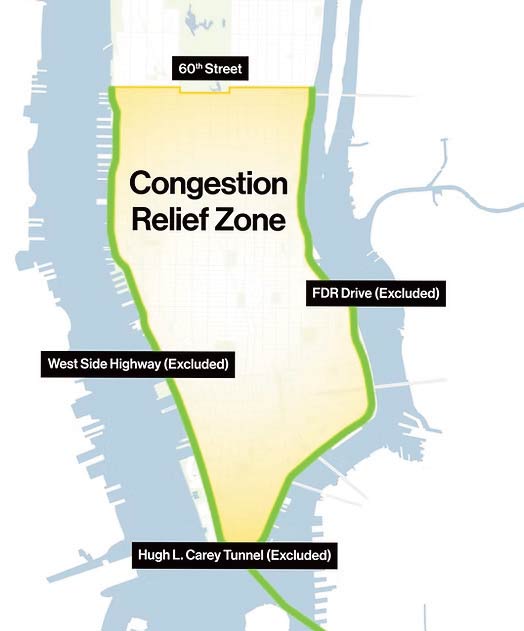
Image source:
https://congestionreliefzone.mta.info/
City Council Approves Mayor Adams’ City of Yes
On November 21, the NYC Council
voted to approve Mayor Eric Adams City of Yes housing initiative (
LU 0181-2024), which was submitted by the New York City Department of City Planning, pursuant to Section 201 of the New York City Charter, for an amendment of the Zoning Resolution of the City of New York, modifying multiple sections to expand opportunities for housing within all zoning districts across the city.
As part of Mayor Adams’ City of Yes initiative, the Plumbing Foundation was notified on Wednesday, November 13, 2024 of a hearing on November 19, 2024 covering several pieces of legislation to be preconsidered for introduction. One of the pieces of legislation was a bill setting forth standards for construction of ancillary dwelling units (ADUs). The Plumbing Foundation submitted testimony stating our overall support of the initiative, but urged the Council to strike the below language in its entirety:
U103.5.5 Plastic piping. Notwithstanding any inconsistent provisions of the New York City Plumbing Code, plastic piping shall be permitted in ADUs as permitted by the New York State Residential Code.
There is a long history of the plumbing industry—and to an extent, the NYC Department of Buildings (DOB)—being in opposition to the use of plastic piping for certain plumbing purposes (i.e., potable water). NYC is a uniquely dense city riddled with high rises, older buildings, gas piping and sewage piping (7,400 miles), and the NYC Building Code is very specific to our building and infrastructure needs. Industry experts meet with the DOB for each Code Revision Cycle during which these topics are addressed, plastic piping being brought up time and time again. The safety and feasibility of current plastic products have not met the standards of our industry experts and DOB experts in order to expand the Code requirements. While the state code may allow for plastic piping for certain sewage and water distribution systems, NYC’s plumbing industry experts argue that there is not enough evidence that such systems are rated to perform equally and safely at the identical conditions encountered in NYC potable water systems.
Importantly, there are recent studies raising concerns about the safety and health impacts of certain plastic piping. In
Plastic Pipes, Microplastics & Impacts on Human Health by Safe Piping Matters, it explains the hazards of polyvinyl chloride (PVC) and polyethylene (PE) pipes which crack and peel quickly as they age due to water and additives, particles from which can affect the stomach, lungs, brain, and reproductive system when digested by humans over time. Further, it should be clearly noted that “[s]ince plastic is made from petroleum-based chemicals, plastic pipes are combustible and can burn and/or melt in fires, releasing toxic substances into air and water.” Finally, in a study titled
Plastic water supply connectors: Leaching, hydrocarbon contamination, and decontamination, once hydrocarbon contaminants reached building water systems, “sorbed mass remained in the” PVC tubing at the end of decontamination, “indicating the products posed continued leaching risks.” Clearly, there remain very serious concerns associated with use of plastic piping in plumbing systems.
While the text proposed in the ADU bill states “notwithstanding any inconsistent provisions of the New York City Plumbing Code” arguably ensuring that our City’s specific plumbing code requirements are met, it was also our understanding that the City sought to allow manufactured ADUs (pre fabricated) which already contain plastic piping in compliance with NYS Code which would not be in compliance with the NYC Plumbing Code. Therefore, we urged the council to strike the entire section from the law to ensure there is no confusion or loopholes.
On December 2, the City Council issued an A version of the bill, Int. No. 1128-A, removing the provision on plastic piping but adding a new type of ADU known as “manufactured homes.” The definition of manufactured home includes “factory manufactured home” from the New York State Executive Law. It appears that NYS regulated factory manufactured buildings are subject to the New York State Uniform Fire Prevention and Building Code (The “Uniform Code”), which under Chapter 6 “Water Supply and Distribution” allows for plastic piping in such systems. We received confirmation separately from the DOB and the City Council that the intent in the A version is that plastic piping will not be allowed despite this new definition. We still reiterated, again, our health concerns with plastic piping.
On December 5, the NYC Council Committee on Housing & Buildings approved the A version, and the NYC Council passed Int. 1128-A.
Sources:
https://safepipingmatters.org/plastic-pipes-microplastics-impacts-on-human-health/
https://safepipingmatters.org/wp-content/uploads/2024/05/Spec_Guide_2024edition_05-21-2024.pdf
https://awwa.onlinelibrary.wiley.com/doi/10.1002/aws2.1382
Oct. 16: Plumbing Foundation Testifies at Housing & Buildings Hearing
On Wednesday, October 16, 2024, the New York City Council Committee on Housing & Buildings held a hearing on several bills, but specifically in the interest of the Plumbing Foundation was Int. 429-2024. Int. 429 contains several vital amendments to Local Law 152/2016 periodic gas inspections as well as to ordinary plumbing work, emergency work, and the NYC Department of Buildings’ (DOB) seizure and forfeiture ability related to unlicensed construction activity. The bill also proposes to reinstate the Master Plumber and Master Fire Suppression License Board.
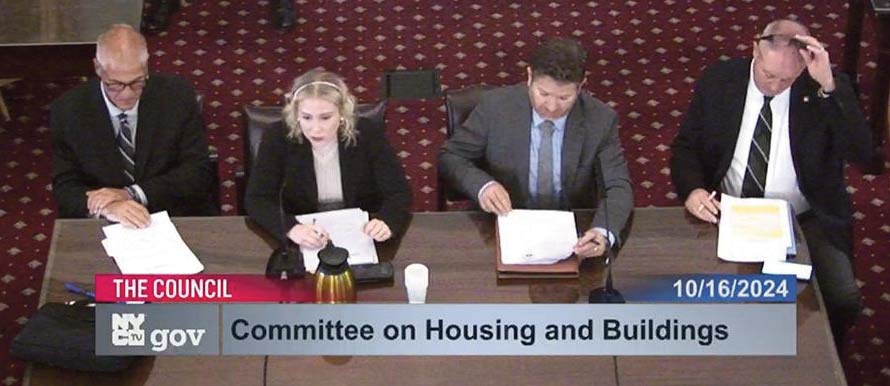
L to R: George Bassolino, Master Plumbers Council; April McIver, Executive Director, Plumbing Foundation; Terence O’Brien, Senior Director, Plumbing Foundation; John Sullivan, Trade Instructor, UA Local Union No. 1 Plumbers and Gas-Fitters Training Center.
The hearing testimony began with the DOB, represented by Constadino ‘Gus’ Sirakis, Deputy Commissioner of Development & Technical Affairs and Tarek Khalil, Assistant Commissioner for Central Inspections. Unfortunately, despite industry feedback and perceived support from DOB on the Local Law 152 amendments, the Department testified against the legislation’s provisions for various reasons.
The Plumbing Foundation Executive Director April McIver testified in support of Int. 429, with a focus on the amendments to Local Law 152 (LL152). She used her time to correct several apparent misapprehensions made during the Department’s testimony. First, she explained that the proposed amendments seek to clarify and streamline the process for owners to obtain certification of no gas piping or if their building has gas piping, certification it is not being supplied with gas. The process to require a utility letter is not a procedure the utility companies want or believe they should do, rendering the law impracticable. Licensed Master Plumbers (LMP) are in the best position and best qualified to certify gas supply/piping status. Second, she agreed with the Committee’s Chairwoman and sponsor of the bill, Pierina Sanchez, that given the 5 years’ of experience required by DOB rule for LL152 inspections that instating in law that a DOB journeyman plumber card is required, which is obtained by someone with 5 years of experience, makes the most sense. Currently, DOB is doing nothing to check the qualifications of and/or required training for technicians working under a licensed master plumber and conducting LL152 inspections. The Plumbing Foundation is aware of bad actors in the industry not complying with the qualification requirements (and has made DOB aware numerous times over the past few years). Ms. McIver also clarified that the amendments to the bill were NOT expanding the scope of an inspection into residential tenant spaces. Rather, the bill clarifies the original intent of the law to ensure commercial tenants like restaurants, daycares, and those otherwise open to the public are included in the scope of the inspection. Finally, Ms. McIver said in response to DOB’s comment that the Code Revision process is to address these types of amendments, while she is grateful to be included in that process, DOB has the ultimate say as to final language and the process is lengthy. The next Local Law 152 cycle begins in January 2025, so she urged the Council to act now.
Next, Terence O’Brien, the Senior Director of the Plumbing Foundation and the Executive Vice President of the Association of Contracting Plumbers (ACP) of the City of New York spoke in support of Int. 429, with an emphasis on the reinstatement of the Master Plumber and Master Fire Suppression Contractor Licensing Board and the expansion to DOB’s seizure and forfeiture abilities of tools and vehicles in connection with unlicensed construction. First, Mr. O’Brien explained that re-establishing the License Board is a necessity and that it was a travesty that the City decided to abolish the Board at the end of 2022. There are two functions of the Board: reviewing applications of potential new license holders and, more importantly, the review of disciplinary matters of existing plumbing and fire suppression licensees. Plumbing and Fire Suppression are highly regulated trades and peer review is a value to the industry, not a negative. He explained that NYS engineers, doctors, lawyers, and many others all have peer review which aids in regulating their professions. The industry has received no valid explanation as to why the City disbanded the Board. Secondly, Mr. O’Brien explained that the DOB has been supportive of the proposal to expand the Department’s ability to seize tools and vehicles of persons/companies engaging in illegal and unlicensed construction in the City. Currently, the Code only allows for such seizure in connection with residential new construction. There are countless persons and even whole companies actually conducting plumbing work without license(s) and thereby have no ability to obtain permits to legally perform that work. These unlicensed plumbers are performing work in residential and commercial buildings of all sizes and jeopardizing public health and safety. Currently, DOB and Courts can only do what they are legally allowed to do against these unlicensed actors: a small monetary fine of a few thousand dollars which is regularly not collected. Mr. O’Brien emphasized that having the ability to impound the vehicles and tools of unlicensed plumbers is truly the only way to stop this pervasive and growing problem.
Both Ms. McIver and Mr. O’Brien submitted written testimony in support of the entirety of Int. 429. Thank you to Chairwoman Pierina Sanchez for sponsorship of the bill and for providing an opportunity to testify on this important piece of legislation. We hope to work with both the Council and DOB in the near future to get this legislation passed into law.
IMPORTANT NYC DOB SERVICE NOTICES
NEW Worker Wallet Card to Launch in Training Connect – Effective November 1, 2024, Department-approved Course Providers will issue Worker Wallet Cards through the NYC DOB Training Connect platform, leveraging the same technology used to issue Site Safety Training (SST) cards.
For more info, visit:
www.nyc.gov/assets/buildings/pdf/workerwallet-sn.pdf
Local Law 147 of 2021: New Definition of Major Building – 7 or More Stories or 75 Feet in Height – Effective December 11, 2024, the definition of a ‘major building’ in Section 202 of Chapter 2 of the NYC Building Code will change from an existing or proposed building 10 or more stories or 125 feet or more in height, to an existing or proposed building 7 or more stories or 75 feet or more in height. Current additional triggers for an existing or proposed building with a building footprint of 100,000 square feet or more regardless of height, or an existing or proposed building designated by the Commissioner of the Department of Buildings as a major building due to unique hazards associated with the construction or demolition of the structure, will not change.
For more info, visit:
www.nyc.gov/assets/buildings/pdf/majorbuildingdef-sn.pdf
NYC Department of Environmental Protection Launches Program to Upgrade Automatic Water Meter Reading Devices Citywide
Upgrades, Beginning in Greenpoint Neighborhood, Will Ensure That Property Owners Receive Real Time Information About Their Water Use to Help Conserve Water; Project Will Also Ensure Reliable, Accurate Water Bills
The New York City Department of Environmental Protection (DEP) [announced on December 2nd] the start of a program to upgrade more than 600,000 Automatic Meter Reading (AMR) devices across the city over the next three years. The AMR device is the small gray box attached to the exterior of a property that wirelessly transmits water consumption readings from the water meter to DEP. This work will begin in the Greenpoint neighborhood and the upgrades to the existing AMR devices will provide a number of key benefits including:
- Real-Time Monitoring: Customers can access detailed consumption data online to understand their water use.
- Improved Leak Detection: Faster identification and response to leaks, reducing water loss.
- Enhanced Customer Service: Consistent water use readings translate to better overall service quality.
The upgrade program is mandatory for all property owners and DEP will perform the work at no charge. Most AMR devices are located on the exterior of the property so no appointments will be necessary to complete the upgrade. Residents may see DEP technicians and/or contractors approach their property and walk the perimeter of the building to identify the location of the AMR device. The DEP technicians or contractors will be clearly identified with DEP logos on their uniforms and will produce proper identification, including a DEP ID card, upon request. They will travel in vehicles with DEP markings and will never ask for payment.
Property owners are asked to:
- Ensure the area around the AMR device is clear and accessible and trim back bushes so technicians can easily access the AMR device.
- Bring any pets inside while technicians are working at the property.
- Look out for notifications regarding installation timelines.
Technicians may move garbage cans or open unlocked gates to access the AMR device if needed. Property owners must allow DEP staff or contractors access to the AMR device; failure to provide access may result in a fee. Once the AMR device is found, the technician will remove the old unit, install a new unit in the same location, and test the unit to ensure it is working. Upgrades take 15-30 minutes per property.
Technicians will clean up and take any/all debris with them. If the technician cannot access an AMR device, they may return during an evening or weekend. In some cases, property owners may receive a letter from DEP requesting an appointment to replace the AMR device because DEP must access the interior of the property to complete the upgrade.
DEP manages New York City’s water supply, providing more than 1 billion gallons of high-quality drinking water each day to nearly 10 million residents, including 8.8 million in New York City and 1 million more in counties north of the City. The water is delivered from a watershed that extends more than 125 miles from the City, comprising 19 reservoirs and three controlled lakes. Approximately 7,000 miles of water mains, tunnels and aqueducts bring water to homes and businesses throughout the five boroughs, and 7,500 miles of sewer lines and 96 pump stations take wastewater to 14 in-city treatment plants. DEP also protects the health and safety of New Yorkers by enforcing the Air and Noise Codes and asbestos rules. DEP has a robust capital program, with a planned $29 billion in investments over the next 10 years. For more information, visit
nyc.gov/dep, like us on Facebook, or follow us on X, formerly known as Twitter.
THE PIPECASTER is published by the Plumbing Foundation City of New York, Inc.
Lawrence J. Levine, Chairman; Louis J. Buttermark, Vice Chairman; Barr Rickman, Treasurer; April McIver, Executive Director; Terence O’Brien, Editor. Board of Directors: Anthony D. Altimari, Paul Belli, Marc Breslaw, Louis J. Buttermark, Harris Clark, Alex Greenberg, Nicholas Katragis, Angelo Lemodetis, Lawrence J. Levine, Scott Lyons, Barr Rickman, Richard Turchiano
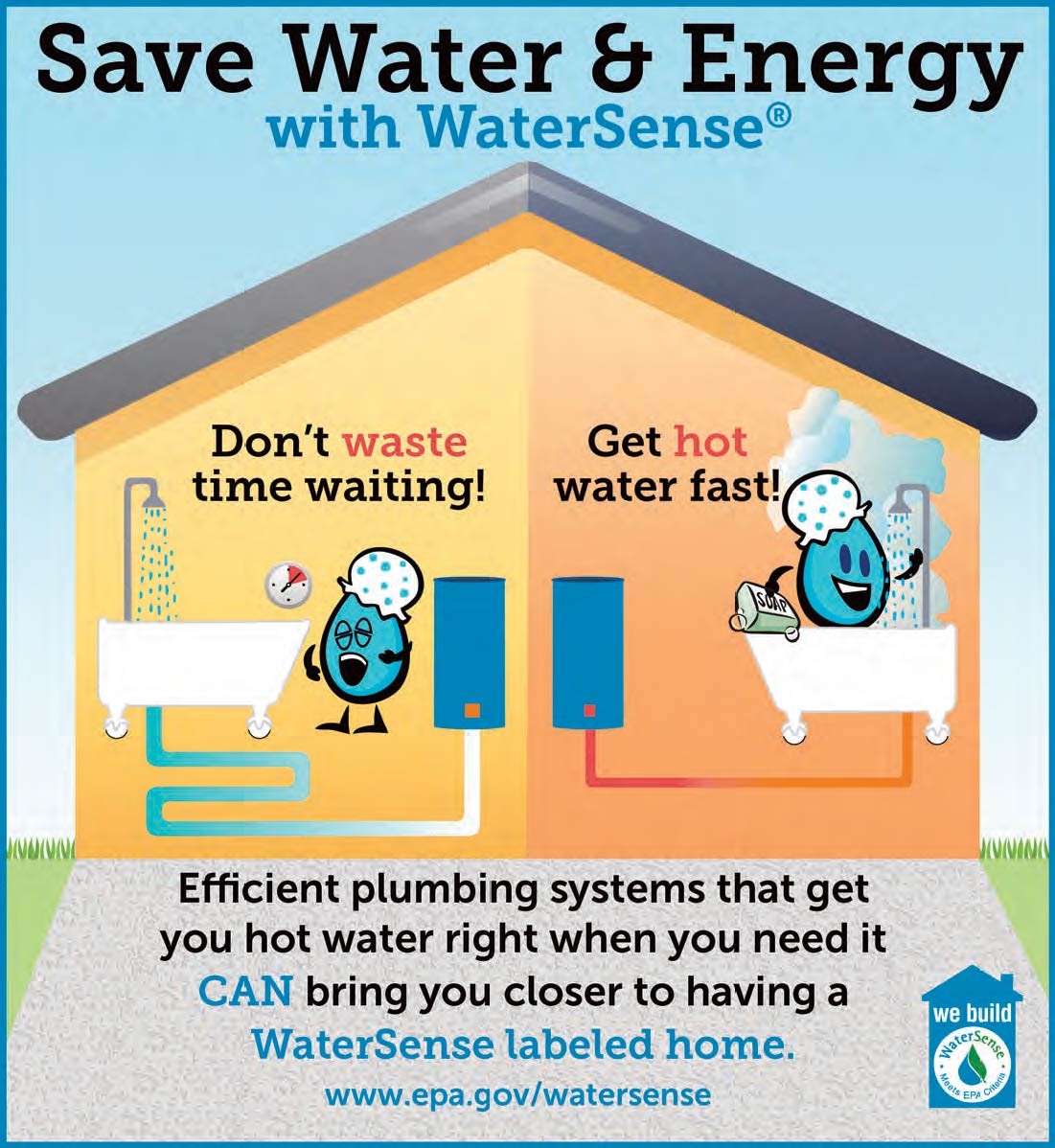
THE PLUMBING FOUNDATION’S ENVIRONMENTAL STATEMENT
Since its establishment in 1986, the Plumbing Foundation has worked diligently to ensure the plumbing industry has as little a “carbon footprint” on New York City as possible. The plumbing industry has historically utilized environmentally friendly materials such as recycled cast-iron and copper piping/fittings. The Foundation will continue in its role of protecting New York City as well as being an advocate for the environment by strengthening its water/sanitary regulations and thereby reducing wasteful water consumption in the City.
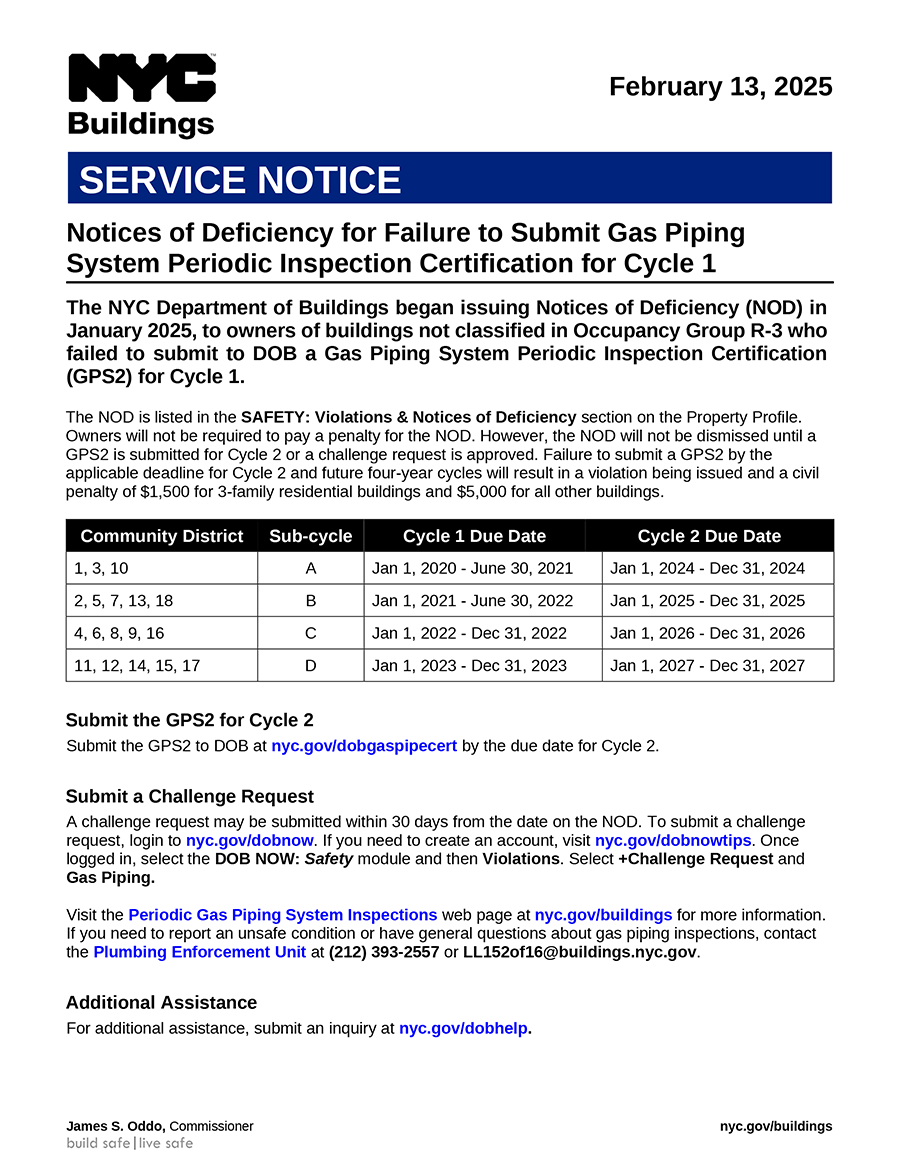
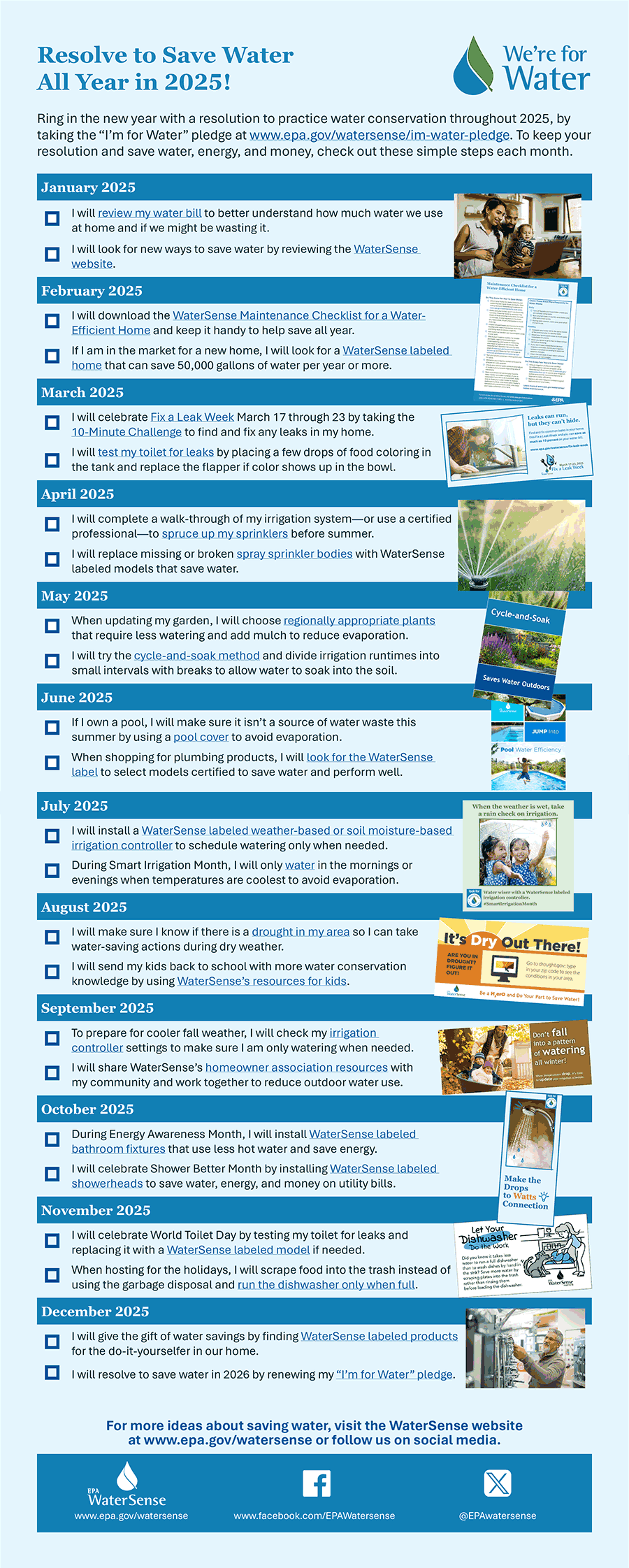
 Image source:
Image source: 

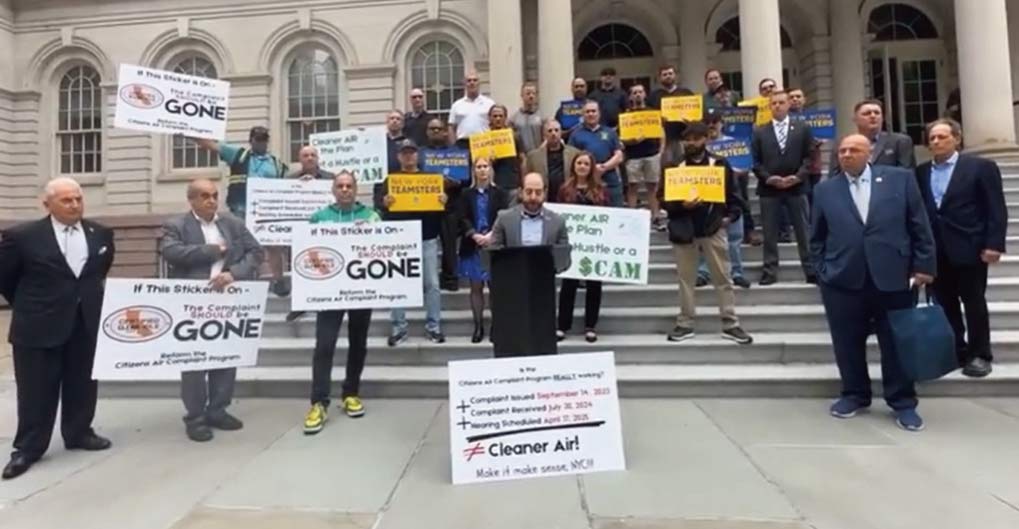 The first testimony was presented by NYC DEP Commissioner Rohit Aggarwala which was a mix of true statements like regarding the unfortunate behavior of citizens engaged in the program and how there should be a flat fee for recovery, shocking statements like the fact these tickets are not even being issued in the environmental justice communities and that the 2019 to 2024 increase in complaints went from 9,000 (2019) to 80,000 (2023) to an expected 120,000 by the end of 2024, and outlandish statements like increasing fines up to even $10,000 to incentivize companies to electrify their fleets and/or install anti-idling technology on their vehicles, which can cost, per the Commissioner, $5,000–$11,000 per vehicle. How a small business could make such an investment in its fleet when constantly hit with fines and red tape across the City was not thoroughly addressed. When the Commissioner was asked what the percentage of complaints submitted were deemed fraudulent, he shied away from the data and merely said it is low. There was not much hard data shared on the impact on the number of idling vehicles since the program’s inception, either.
Several organizations and individuals testified on both sides of the issue, with some—but few—citizens focused on the actual health- related impact and many focused on the opposition to a flat or decreased fee and the inconvenience of having a 5-day timeframe to submit complaints (per proposed Int. 941). None seemed to address the due process concerns from the other side.
The first testimony was presented by NYC DEP Commissioner Rohit Aggarwala which was a mix of true statements like regarding the unfortunate behavior of citizens engaged in the program and how there should be a flat fee for recovery, shocking statements like the fact these tickets are not even being issued in the environmental justice communities and that the 2019 to 2024 increase in complaints went from 9,000 (2019) to 80,000 (2023) to an expected 120,000 by the end of 2024, and outlandish statements like increasing fines up to even $10,000 to incentivize companies to electrify their fleets and/or install anti-idling technology on their vehicles, which can cost, per the Commissioner, $5,000–$11,000 per vehicle. How a small business could make such an investment in its fleet when constantly hit with fines and red tape across the City was not thoroughly addressed. When the Commissioner was asked what the percentage of complaints submitted were deemed fraudulent, he shied away from the data and merely said it is low. There was not much hard data shared on the impact on the number of idling vehicles since the program’s inception, either.
Several organizations and individuals testified on both sides of the issue, with some—but few—citizens focused on the actual health- related impact and many focused on the opposition to a flat or decreased fee and the inconvenience of having a 5-day timeframe to submit complaints (per proposed Int. 941). None seemed to address the due process concerns from the other side.
 In support of reforming the program, alongside the Plumbing Foundation, was TANY, the NY Metropolitan Trucking Association, New York State Energy Coalition, Inc., the Mechanical Contractors Association of New York, Subcontractors Trade Association, and many others who cited similar problems with the program.
As mentioned, Chairman Gennaro introduced Int. 941 to reform the Citizens Air Complaint Program, such as by changing the time threshold to 3 minutes within a 60-minute period. We recommended consideration of the state’s existing threshold (5 minutes) as well as vehicle type considerations as well. Executive Director April McIver highlighted that the time threshold set forth by the city seemed arbitrary and should be taken into consideration by the Council. Int. 941 also would allow the exception of 15 minutes in a 60-minute period to provide heating or air-conditioning to passengers on board a bus depending on the temperature. Executive Director McIver raised concerns that employers are obligated under the U.S. Department of Labor’s Occupational Safety and Health Administration (OSHA) to protect workers from cold stress and heat-related illnesses. This type of situation should be considered by the Council in making reforms to the program as well. The bill also proposes reforms to cure deadlines and requires complaints to be filed within 5 days of the observation, as well as prohibits submission of false or misleading complaints. These are good first steps to reforming the program but more should be done to ensure the constitutional protection of due process is met and evidence is easily and immediately available to the respondent. As our contractors know, there are serious due process concerns, as was explained to the Council by Executive Director McIver. There have been extreme inconsistencies between the time an idling incident was observed, to when the complaint was submitted, to when the summons was issued, to when the court date was scheduled. There have also been ongoing concerns with the lack of access to evidence prior to a hearing date to ensure preparedness for a proper defense. Further, to cure behavior of drivers, it is hardly impactful if summonses are not received for 6, 9, or even 12 months after the date of the alleged idling incident.
Chairman Gennaro heard testimony for approximately four hours. Both sides expressed their concerns passionately, but we are optimistic that the legal and safety concerns expressed by those stakeholders like the Plumbing Foundation will be addressed in legislation. As was expressed in the hearing by Executive Director McIver, efforts to mitigate harmful emissions are important to our environment and health, but a citizen-run complaint program should not be exempt from the requirements for due process and in lieu of the safety of our members. We will continue to keep the industry apprised of our efforts.
In support of reforming the program, alongside the Plumbing Foundation, was TANY, the NY Metropolitan Trucking Association, New York State Energy Coalition, Inc., the Mechanical Contractors Association of New York, Subcontractors Trade Association, and many others who cited similar problems with the program.
As mentioned, Chairman Gennaro introduced Int. 941 to reform the Citizens Air Complaint Program, such as by changing the time threshold to 3 minutes within a 60-minute period. We recommended consideration of the state’s existing threshold (5 minutes) as well as vehicle type considerations as well. Executive Director April McIver highlighted that the time threshold set forth by the city seemed arbitrary and should be taken into consideration by the Council. Int. 941 also would allow the exception of 15 minutes in a 60-minute period to provide heating or air-conditioning to passengers on board a bus depending on the temperature. Executive Director McIver raised concerns that employers are obligated under the U.S. Department of Labor’s Occupational Safety and Health Administration (OSHA) to protect workers from cold stress and heat-related illnesses. This type of situation should be considered by the Council in making reforms to the program as well. The bill also proposes reforms to cure deadlines and requires complaints to be filed within 5 days of the observation, as well as prohibits submission of false or misleading complaints. These are good first steps to reforming the program but more should be done to ensure the constitutional protection of due process is met and evidence is easily and immediately available to the respondent. As our contractors know, there are serious due process concerns, as was explained to the Council by Executive Director McIver. There have been extreme inconsistencies between the time an idling incident was observed, to when the complaint was submitted, to when the summons was issued, to when the court date was scheduled. There have also been ongoing concerns with the lack of access to evidence prior to a hearing date to ensure preparedness for a proper defense. Further, to cure behavior of drivers, it is hardly impactful if summonses are not received for 6, 9, or even 12 months after the date of the alleged idling incident.
Chairman Gennaro heard testimony for approximately four hours. Both sides expressed their concerns passionately, but we are optimistic that the legal and safety concerns expressed by those stakeholders like the Plumbing Foundation will be addressed in legislation. As was expressed in the hearing by Executive Director McIver, efforts to mitigate harmful emissions are important to our environment and health, but a citizen-run complaint program should not be exempt from the requirements for due process and in lieu of the safety of our members. We will continue to keep the industry apprised of our efforts.
